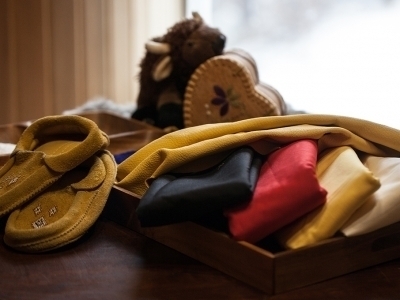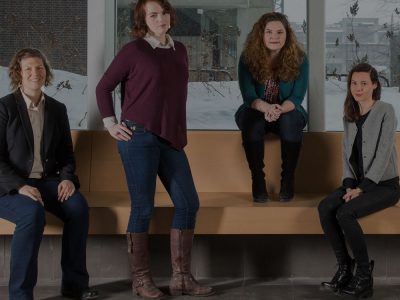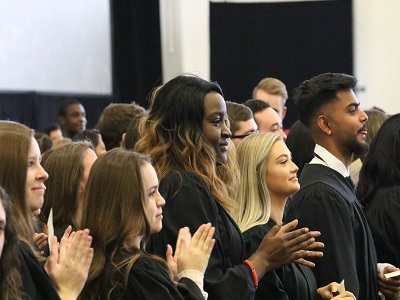By Dan Rubinstein
The Taliban’s takeover of Afghanistan and Russia’s invasion of Ukraine have forced tens of thousands of people to flee their homes in search of either temporary or permanent sanctuary.
June 20 is World Refugee Day — a day designated by the United Nations to celebrate the strength and courage of people who are displaced by conflict or oppression, an opportunity to build understanding for their plight.
At Carleton University, since 2014, an active Scholars at Risk (SAR) community has been hosting foreign academics who are facing threats to their lives because of their scholarship. Now, because of the crises in Afghanistan and Ukraine, the SAR committee and an allied initiative are bringing scholars from both countries to Carleton.
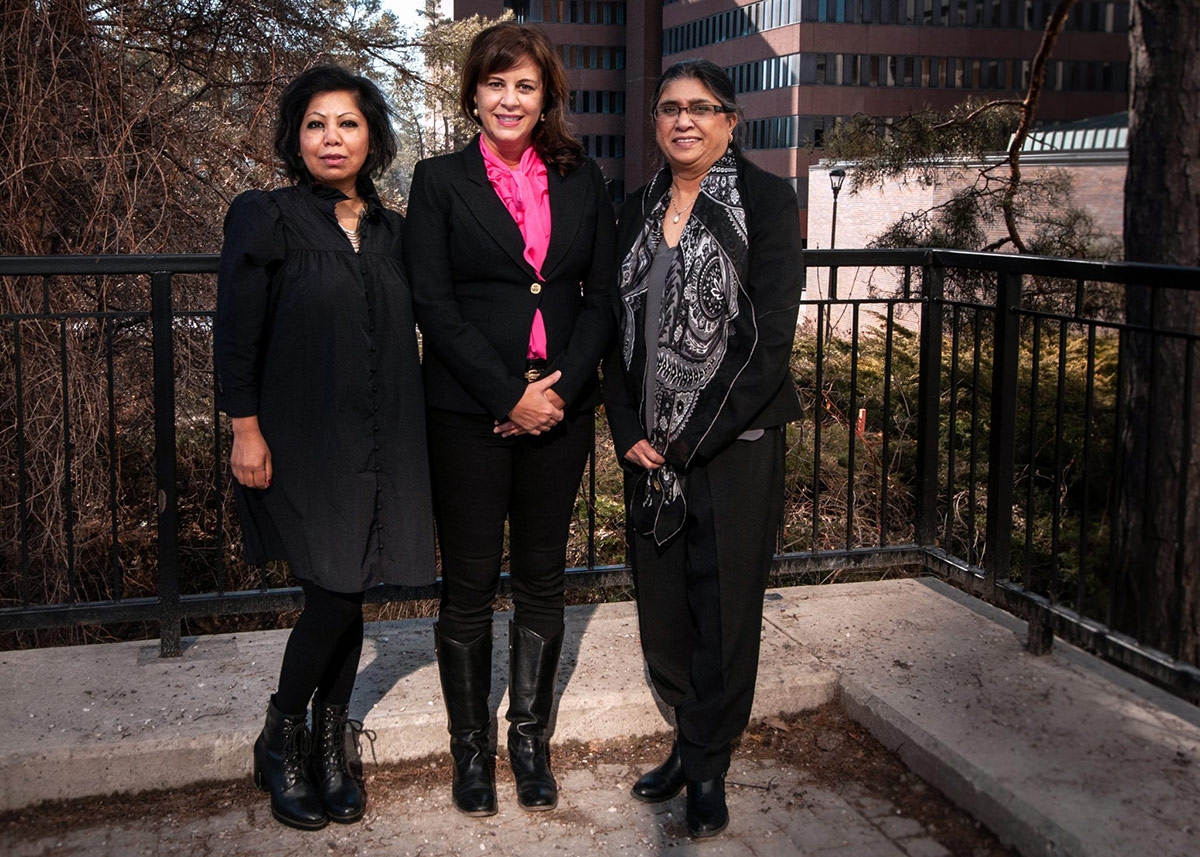
Shuchi Karim, Melanie Adrian and visiting activist-at-risk Rehana Hashmi
“Dignity is so central to people’s self-worth,” says Shuchi Karim, who is becoming the director of the Placement, Preservation and Perseverance: Afghan At-Risk Scholars, Activists and Students project as her SAR fellowship wraps up this month.
“We’re supporting people because we understand the value of what academics do. And because this can happen to anybody, no matter where you are or what you do.”
As part of the small team helming the Placement, Preservation and Perseverance project, which is co-led by Carleton and UBC and is supported by a $1.1-million grant from the International Development Research Centre (IDRC), Karim is helping recently-displaced Afghan scholars establish a new intellectual community in Canada.
The project, whose lead researcher is Carleton Law and Legal Studies Prof. Melanie Adrian, the founder of SAR Carleton, will ultimately support six scholars and six activists from Afghanistan, plus a research coordinator from Afghanistan who will be starting in mid-July. It will assist with resettlement, preserve knowledge, build intergenerational connections between professors and students and create a model that other Canadian post-secondary institutions can follow.
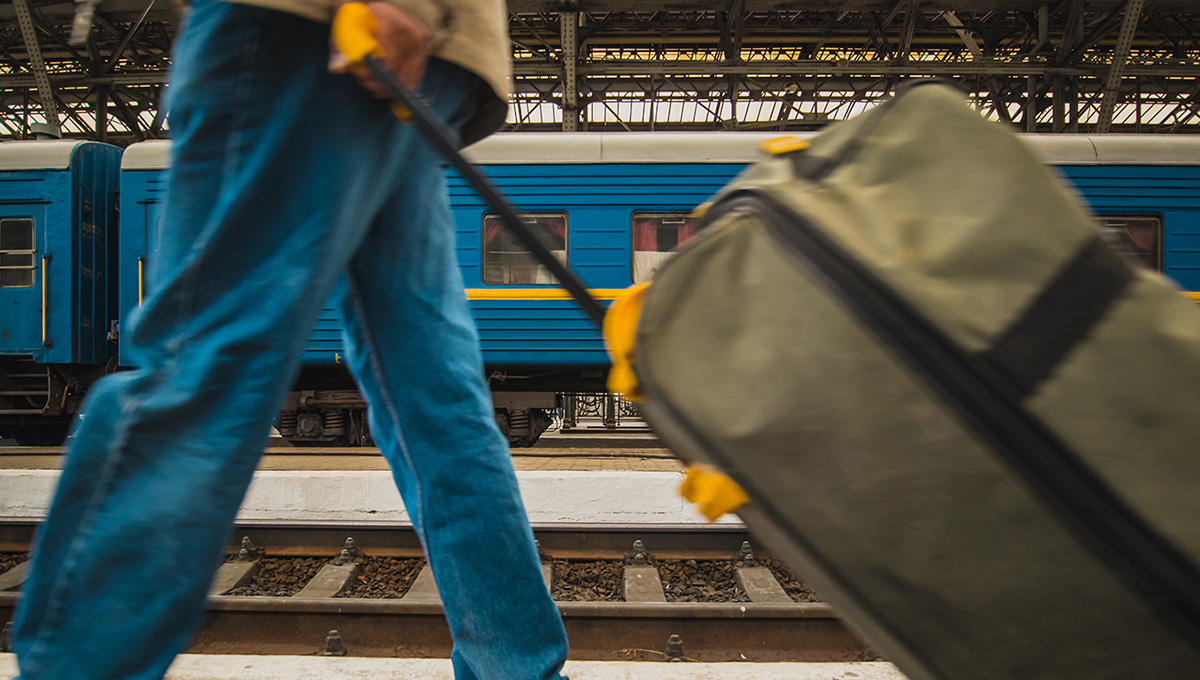
Emergency Efforts to Support Ukrainian Scholars
Carleton’s SAR committee, meanwhile, is working outside of its regular channels to help academics from Ukraine.
Typically, at-risk scholars apply for support through the SAR New York office and/or the international Scholar Rescue Fund. Both organizations have the capacity to vet the threats that people are facing and facilitate contact with potential host universities in the global SAR network.
Eleven scholars have come to Carleton through this process, and there are now more than 30 SAR chapters across Canada.
Because of the urgency in Ukraine, however, SAR Carleton has been fundraising to create emergency positions for as many people as possible.
Thanks to money from a FutureFunder campaign and from the Faculty of Arts and Social Sciences and Faculty of Public Affairs, as well as private donations, a Ukrainian sociologist is currently in Poland on their way to Canada and two others from the region — including a Russian dissident scholar — could be arriving soon.
This is in addition to two new Afghan researchers coming to Carleton through SAR: one who has already started at the Sprott School of Business and a leading scientist.
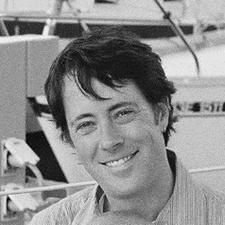
Prof. Andrew Johnston
“The limited number of people we can consider supporting every year is frustrating,” says Carleton History Prof. Andrew Johnston, who is one of three co-chairs the university’s SAR committee.
“You could build an amazing university with all of the scholars who are in exile because of their governments.
“Carleton has to be engaged with the world,” adds Johnston, noting that the university has since its birth been a community-oriented institution — and in 2022 that means getting involved with communities far beyond Canada’s borders.
“We are part of an international movement of universities. Countless people are vulnerable because of conflict, but academics are often the first to be targetted in politically volatile situations.”
And when they arrive in a new country and become part of a new university, says Shuchi Karim, they give back through research and teaching and by sharing priceless international perspectives.
“Just because someone is in crisis, it doesn’t mean they have to give up the aspiration to be whole again,” she says.
“Often, what people need most is a community.”
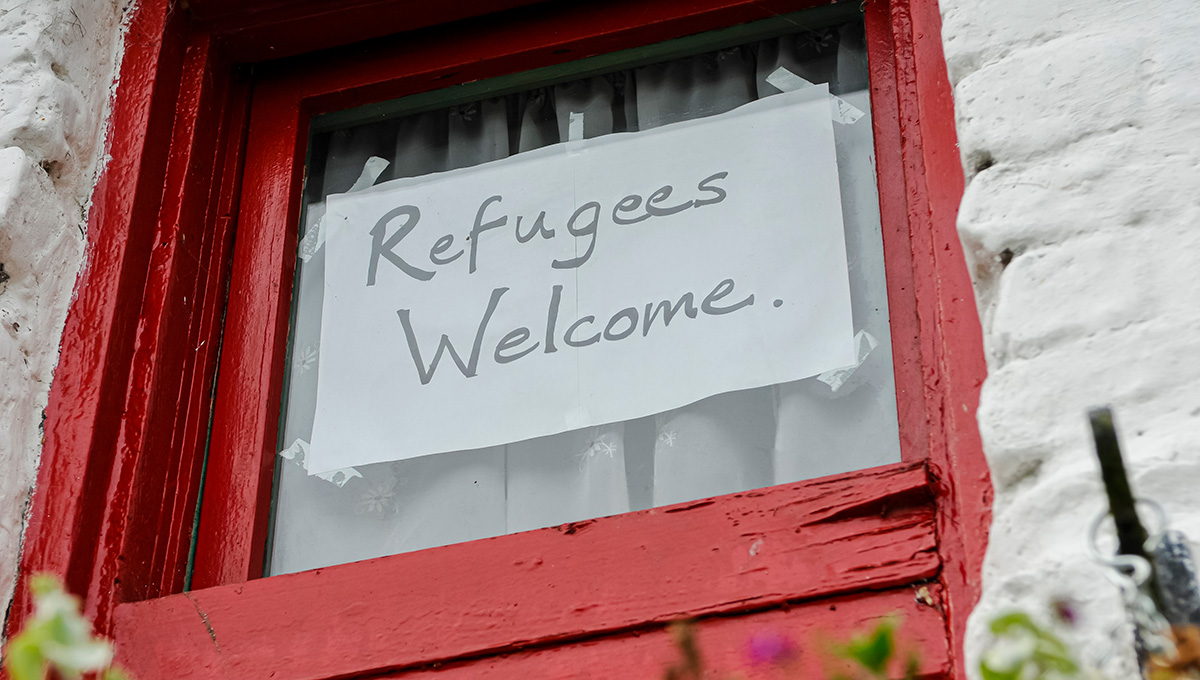
Doing More to Address the Challenges Faced by Refugees and Migrants
To further enhance its role as a caring, globally-minded community, Carleton is convening faculty and students from across the institution who are focused on migration and refugee matters to discuss what else the university could be doing.
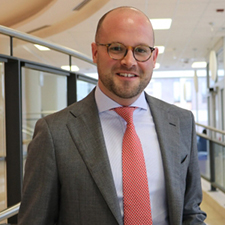
Associate Vice-President (Teaching and Learning) David Hornsby
“Our objective is to establish a set of actions we can take to address the real and significant challenges new migrants and refugees to Canada face in feeling welcome, belonging and gaining access to the labour market in appropriate and meaningful ways,” says David Hornsby, Carleton’s Associate Vice-President, Teaching and Learning.
“Everything from accessing university education, supporting scholars at risk, establishing scholarships for new migrants and refugees, pathways for credential recognition and influencing public policy are part of this endeavour.”
Monday, June 20, 2022 in Community, Human Rights, International, Refugees
Share: Twitter, Facebook
